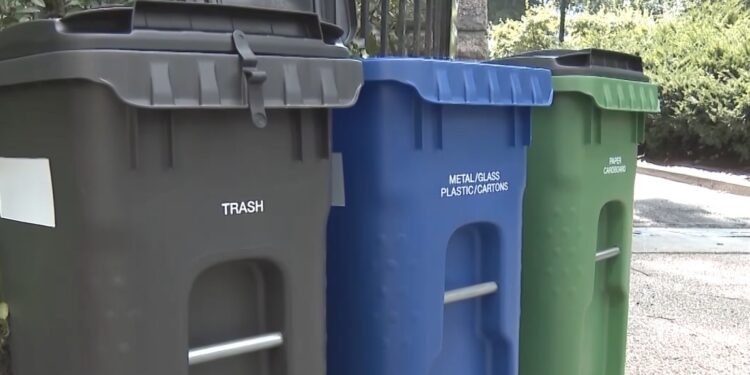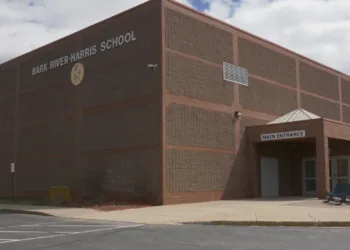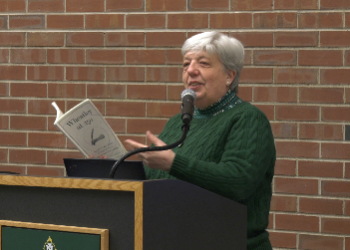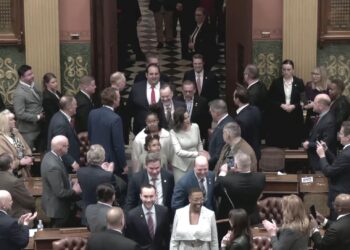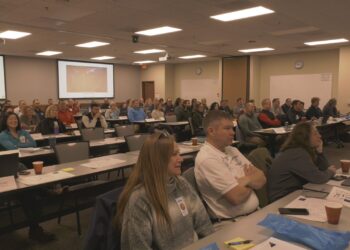LANSING, Mich. (WZMQ) – Recycling in the Upper Peninsula faces challenges that larger cities don’t: long travel distances, fewer facilities, and limited access for residents. But a state initiative is working to change that.
The NextCycle Michigan program, launched by the Department of Environment, Great Lakes, and Energy (EGLE), connects local communities and organizations with technical expertise and funding to expand recycling and reuse.
In the western U.P., the Western Upper Peninsula Planning and Development Region (WUPPDR) is piloting a composting program after a waste study found 38 percent of household trash was organic material.
“Instead of sending food scraps and yard waste to the landfill, we could be creating compost that benefits farmers, gardeners, and even soil remediation projects in our community,” said Evan Lanese, a GIS and planning technician with WUPPDR.
State officials say those kinds of projects are essential to meeting Michigan’s 2030 goals of recycling 45 percent of materials and diverting half of food waste from landfills. NextCycle programs also include expanding regular roadside recycling, repourposing old mine waste, and increasing capacity for scrap metal and e-waste facilities.
“The U.P. has unique challenges, low population density, and long distances between towns,” said EGLE recycling specialist Tracy Tomaszewski. “NextCycle brings communities and partners together to figure out where new facilities, drop-off sites, and food waste programs can make the biggest impact.”
From compost that supports farmers and hunters to new drop-off sites for recyclables, leaders say collaboration will be key to making recycling more accessible in the U.P.

